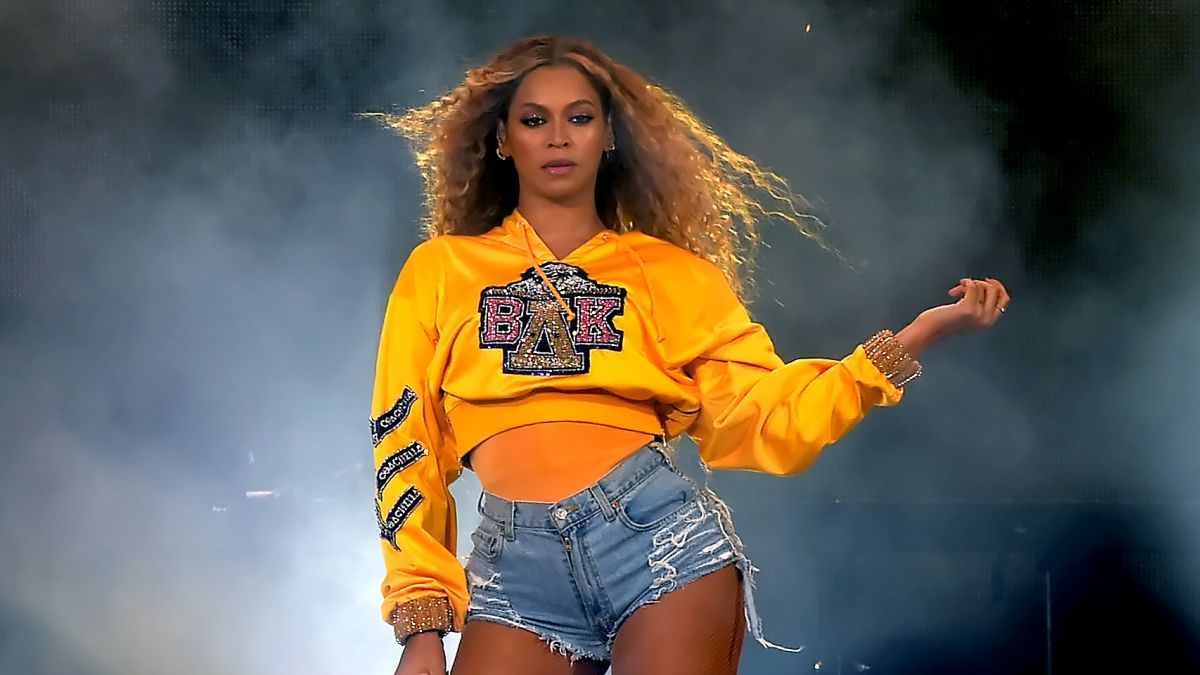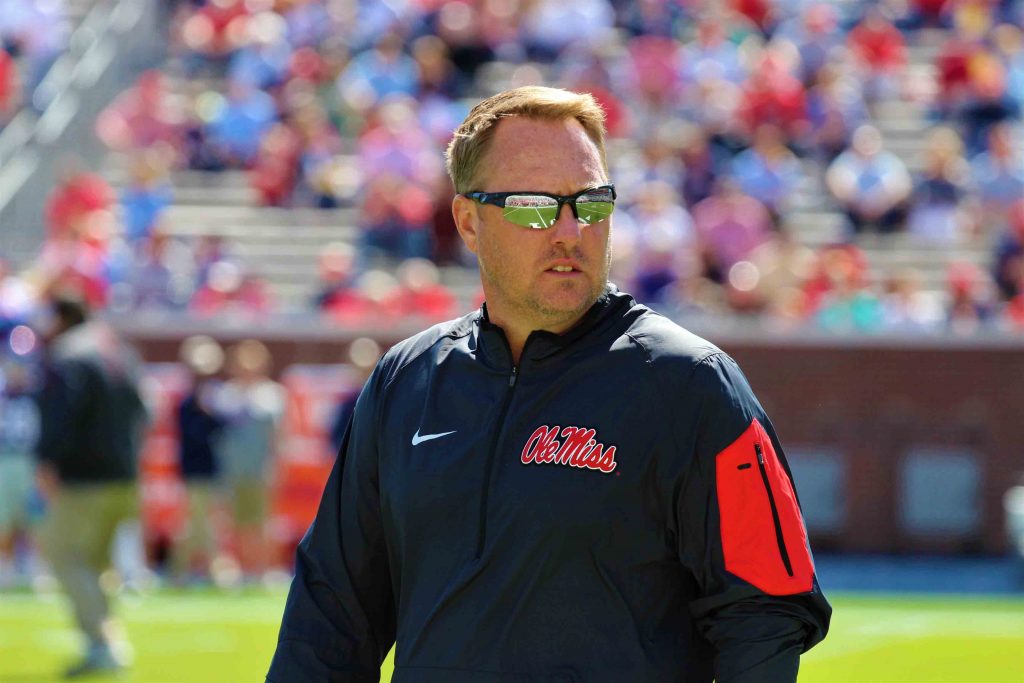During her April 14 and April 21 sets at the festival, Beyonce took the stage as Coachella’s first woman of color to headline the festival since its inception in 1999 and gave performances heard around the world.
Beyonce took Coachella and the internet by storm. Her performance brought black culture to mass media in a way not seen in so long that it caused John Caramanica of the New York Times to say, “There’s not likely to be a more meaningful, absorbing, forceful and radical performance by an American musician this year, or any year soon.”
The music festival located at the Empire Polo Club in Indio, California, draws a predominately white crowd whose taste in music tends to be limited to pop, rock and, in recent years, hip-hop.
Beyonce’s performance was still in front of a mostly white crowd, but for the black community, the show was an culmination of black culture.
“It was framed and intended as a celebration of black life, black institutions, black music and black performance,” said assistant professor of sociology and Southern studies Brian Foster.
Beyonce’s performance brought aspects of everyday life for the black community to the general public.
“She took us to Wakanda, church, a(n) HBCU classic, battle of the bands, the ultimate probate/step show and more,” said Alisia Mary Adamson, a Florida State University graduate and National Bar Association-recognized lawyer. “Even though I didn’t go to an HBCU, I grew up around them. We grow up around them in the black community, but then we have to assimilate into white culture.”
Beyonce opened her set with “Lift Every Voice and Sing” by J. Rosamond Johnson, which is widely referred to as the “Black National Anthem.”
“For most people in the audience, it was the first time hearing that song, but it brought me to tears,” Adamson said.
Foster said the song’s performance offered the potential for audience members to ask questions about its origins and important cultural history.
“… or ‘The stepping they were doing, I wonder where that falls in the history of race relations in the country,’” said Foster. “Perhaps some people will see those things and hear those things, but I’m not optimistic.”
Beyonce’s performance took notes from the culture that black students at predominantly white institutions create when socially forced to create safe spaces in which they can express their culture.
“The subculture that is created at a PWI (Predominantly White Institution) is unapologetic. The reason I say that is because we don’t really care about what the majority population thinks,” said Bethany Tate, a dual degree senior from Xavier University of Louisiana and Ole Miss and a member of Alpha Kappa Alpha Sorority, Incorporated.
Many of the traditions that exist today were formed over time during the decades in which black students were not socially accepted at historically white institutions, even when they were eventually admitted to the schools.
“Black students when I was here, black students now, some of our alumni of our university and black students in the ‘90s and the ‘80s are well-versed in the practice of making places and creating experiences that are enjoyable in Oxford and Ole Miss,” Foster said. “(They are) places that, historically, have not been too kind to people who look like us.”
Beyonce’s performance at Coachella did allow a common aspect of black culture to be unapologetically observed by a mass audience, but that might not have been the pop music icon’s intention.
“I would say that black students now do seem to be more unapologetic and explicit and intentional about expressing their ‘blackness,’” said Foster. “[In] talking about black history, holding or trying to hold people in positions of power accountable for issues of race, types of clothes they wear, music that black students listen to, there does seem to be a greater level of willingness to embrace all that comes with being black in a place like this.”
At Ole Miss, the performance might not bring an assimilation of cultures but, rather, brings a new pride of black culture and calls attention to the importance of black subcultures in areas that are historically hostile to different cultures.
“If the white community does the research behind what was in that performance, then yeah, I think it can open the door for the understanding of the culture, but I don’t think they will,” sophomore and Phi Beta Sigma Fraternity, Incorporated, member Jerrett Everson said. “I believe it could [be a start] and make some people curious about what she was doing, and they might look it up and be like, ‘Oh, okay, this is kind of cool,’ and look more into it.”
The black community is a subculture at predominantly white institutions, but the community’s existence is not a secret.
However, there isn’t a desire among black students to make it secret from the majority, and Beyonce’s performance at Coachella highlighted aspects of the black community without asking the majority of the country to understand.
That’s because her performance was for the people who created the culture, and they are who will appreciate it.














